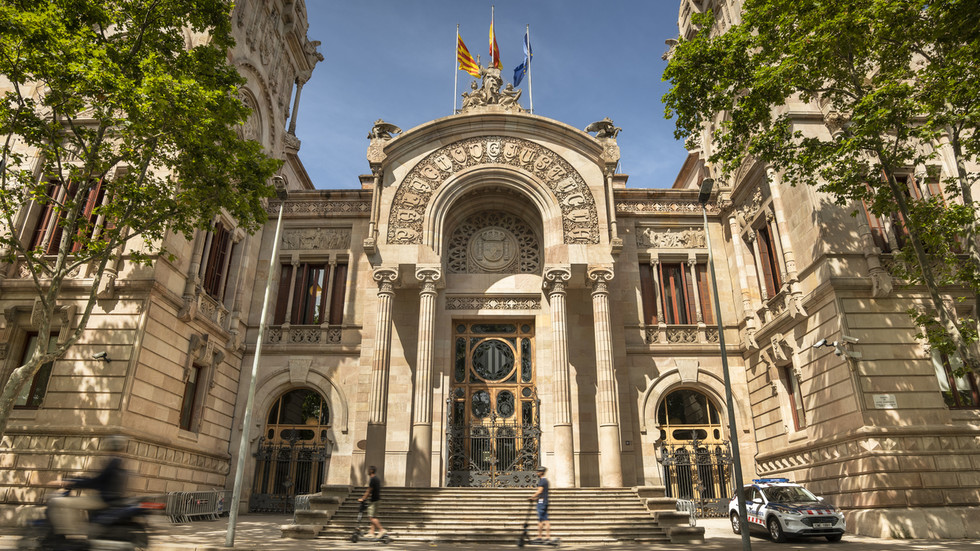The Barcelona Provincial Court has recently concluded its investigation into alleged Russian interference in Catalonia’s 2017 independence referendum, ultimately dismissing the claims and citing procedural irregularities by the presiding judge, Joaquin Aguirre. This decision comes after Aguirre’s attempts to reopen the case against former Catalan presidents Carles Puigdemont and Artur Mas were deemed invalid by the court. The accusations against Puigdemont and Mas included treason related to their involvement in the independence movement and purported collusion with Russia. The court’s dismissal underscores the contentious and politically charged nature of the independence movement in Catalonia, which has sparked considerable debate and division, both regionally and nationally.
In a ruling issued on Tuesday, the Barcelona court asserted that Aguirre’s actions constituted “irregular procedural maneuvers” and a significant deviation from its previous instructions. As a result, the court declared both the resolution and any subsequent judicial proceedings null and ordered the investigation of alleged Russian interference in the independence process to be archived. This development marks a substantial setback for Aguirre’s attempt to pursue claims of foreign meddling in the Catalan independence bid, a narrative that has drawn attention to the complex interplay of politics and international relations in Spain.
The claims of Russian interference were initially brought to the public’s attention in the context of rising separatist sentiment in Catalonia, especially under leaders like Mas and Puigdemont. Mas, who served as president from 2010 to 2015, frequently clashed with the Spanish government over issues such as tax autonomy during a financial crisis. Under Puigdemont’s leadership, this sentiment culminated in the 2017 referendum, which the Catalan government claimed resulted in a 90% approval for independence, although voter turnout was just over 40%. The ensuing crackdown by Madrid, including attempts to arrest Puigdemont, intensified tensions and led to significant political strife that still echoes today, complicating the relationship between Catalonia and the Spanish government.
Following the fallout from the 2017 referendum, Puigdemont fled Spain and has since taken refuge abroad, where he has established a political career in the European Parliament, continually resisting extradition efforts by Spanish authorities. The ongoing tensions surrounding Catalan independence and the legal battles faced by its leaders have heightened national conversations about regional autonomy, self-determination, and the rights of local governments versus central authority.
In response to the rising discontent and shifting political landscape, Spanish Prime Minister Pedro Sanchez has taken steps to mitigate tensions by reforming sedition laws and implementing an amnesty for certain Catalan politicians accused of separatist activities. These decisions have provoked significant backlash from opposition parties, particularly on the right, who view the amnesty as an attempt by Sanchez to garner political support amid waning popularity. The move has sparked massive protests and demonstrations, reflecting a broader national divide over the Catalan question and the various paths forward for Spain’s political landscape.
The court’s ruling and the broader implications for Spanish politics underscore the challenges of navigating the complex issues of regional independence, foreign influence, and national unity. The involvement of foreign powers in local politics, as suggested by Aguirre, poses questions about sovereignty and external interference, while the internal conflicts point to a continual struggle within Spain to reconcile diverse regional identities and aspirations. As the Supreme Court prepares to make its next move regarding the matter, the future of Catalonia’s independence movement remains uncertain, yet the passionate debate it incites continues to shape Spain’s political discourse.

